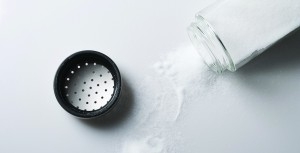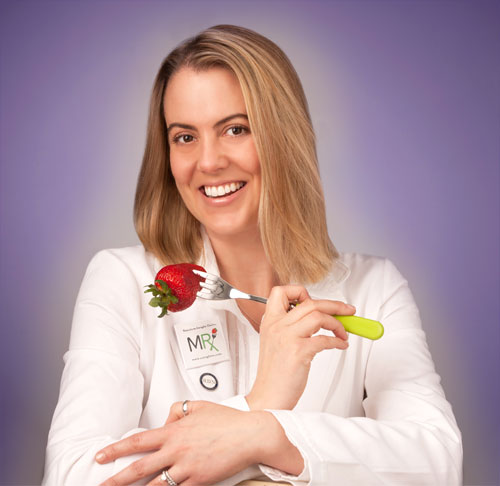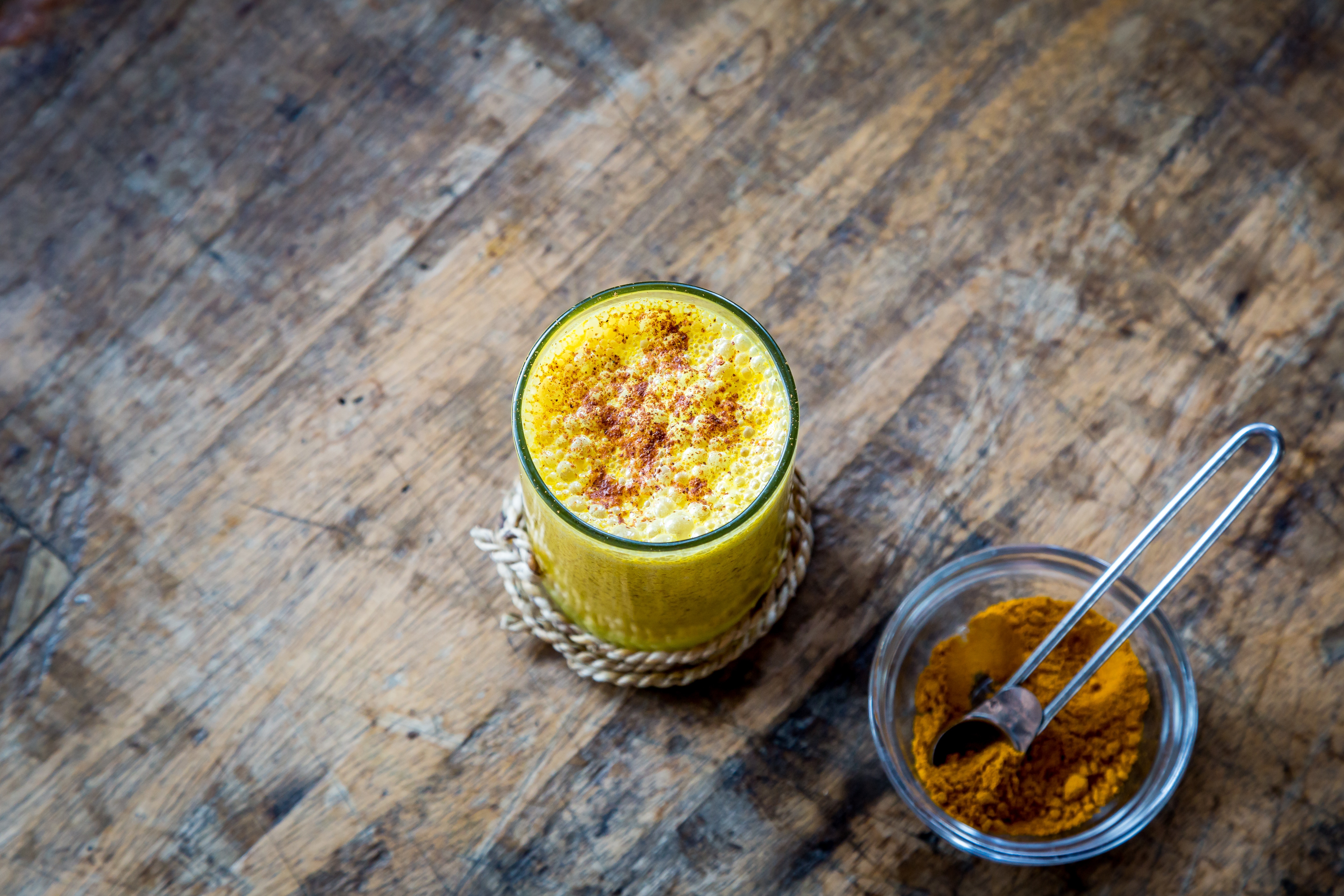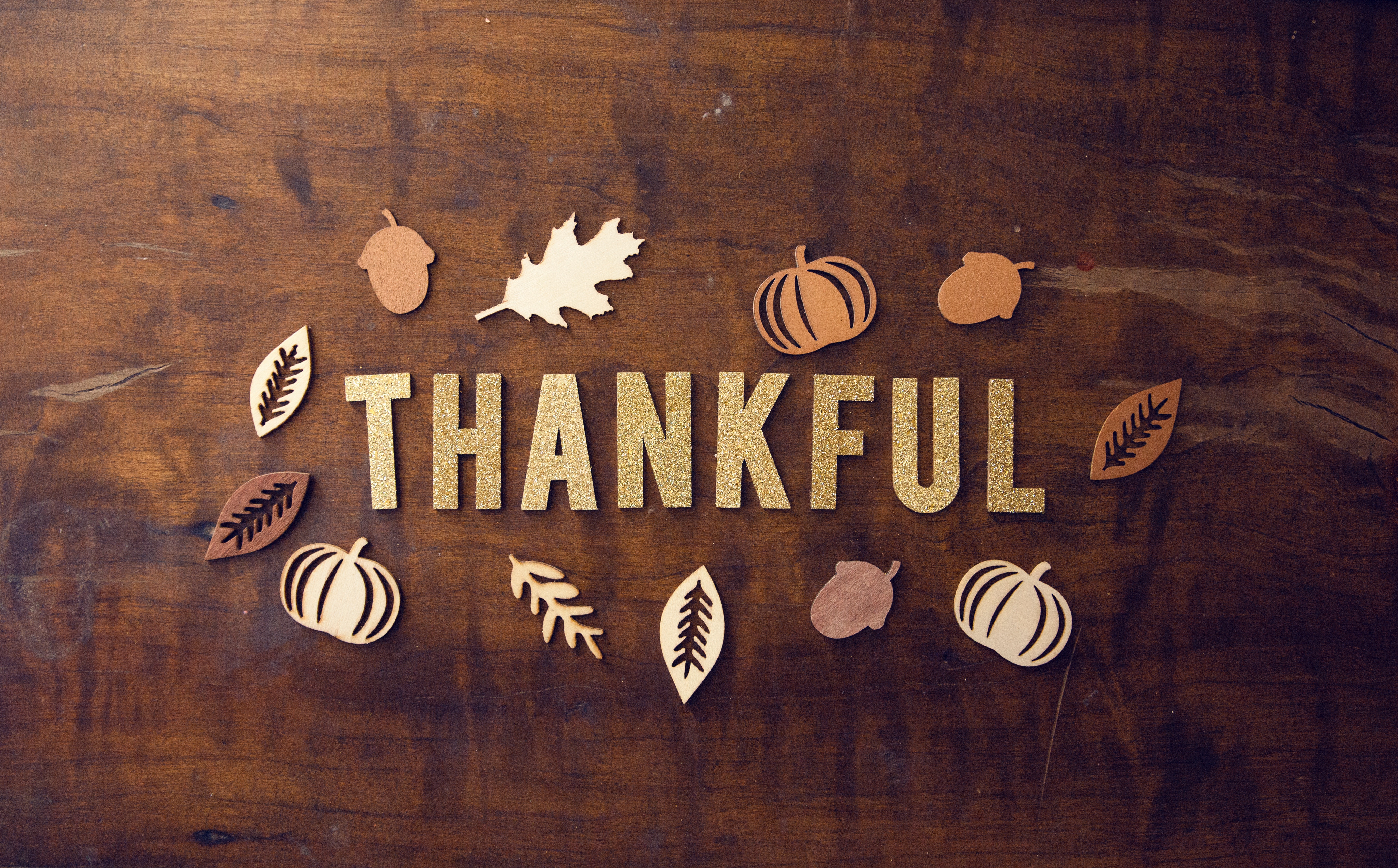
Cut the Salt for National High Blood Pressure Education Month
The month of May marks High Blood Pressure Education Month, brought to you by the CDC to launch awareness of the importance of high blood pressure prevention and control.
High blood pressure, also known as hypertension, has become incredibly common, affecting nearly 1 in 3 American adults, according to the CDC. Often presenting with no symptoms, high blood pressure is a risk factor for heart disease, stroke, kidney disease and congestive heart failure if left untreated or uncontrolled.
Research has shown that lifestyle and dietary factors can contribute to the development of high blood pressure, and can also assist in treatment and control. Eating a diet high in sodium rich foods is known to exacerbate high blood pressure for many individuals.
Yes, sodium is an essential nutrient that helps keep the right balance of fluids in your body, transmits nerve impulses, and helps muscles relax and contract—but our bodies need very little sodium to do all of these things! Unfortunately, the average American consumes much more sodium than recommended.
Since the kidneys cannot eliminate excess sodium easily, it may begin to build up and accumulate in the blood. As sodium attracts and holds water, the blood volume increases. This, in turn, makes the heart work harder to move more blood through the blood vessels, increasing pressure in the arteries, and, you guessed it: raising blood pressure.
It may come as a surprise, but large amounts of sodium and salt are hidden in many common foods we eat regularly, from bread, soups, and soft drinks to baking soda and powder, deli meats, and cheeses.
Do you frequently salt your food at the dinner table? Just one teaspoon of table salt contains 2,325 milligrams of sodium!
This one teaspoon of salt exceeds the 2300 milligram a day recommended limit for sodium intake, and is over 800 milligrams more than the 1500 milligram limit recommended for those with high blood pressure, diabetes, or chronic kidney disease!
With all the talk about cutting down on salt, you might start to get worried about your food losing its flavor and taste–but as a Registered Dietitian Nutritionist, it is my job to make sure you know that you CAN enjoy and savor your food even on a low-sodium diet!
Don’t believe me? Check out my tips on shaking the salt and learn more about high blood pressure in my most recent article featured in Health and Wellness Magazine here.
Post a comment:
Or to schedule an appointment, click here.



